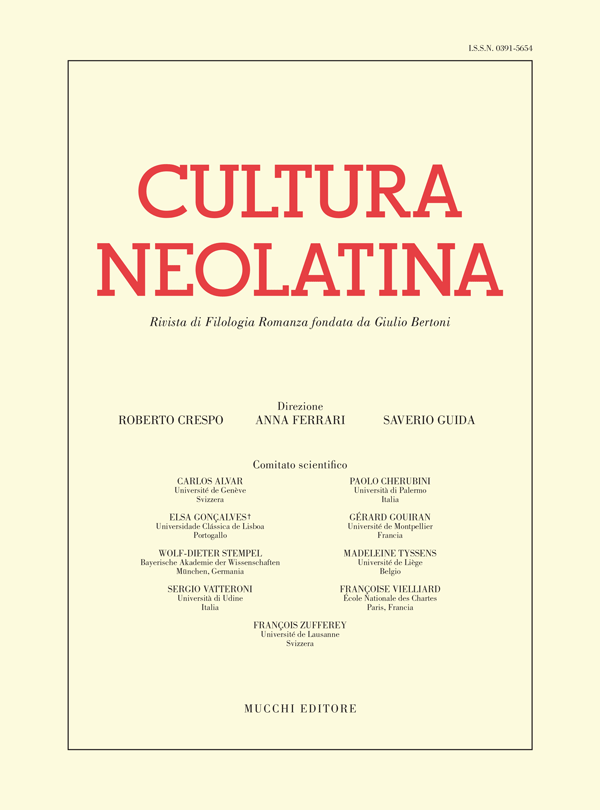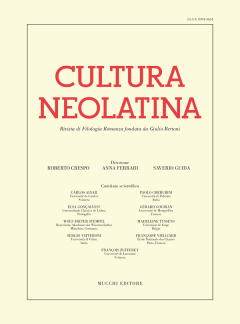Questo lavoro avanza la proposta di ricondurre la lettura dell’immagine del cervo nel vers del cerv di Cerverí de Girona e nella canzone Cervo ferit no desitja la font di Ausiàs March, nel solco della tradizione del commento alla Sacra Scrittura, inaugurato da Origene, e nella tradizione liturgica latina. A partire dai testi patristici e dalle testimonianze archeologiche paleocristiane evidenzia l’importanza della liturgia del battesimo nell’evoluzione latina del significato del cervo del salmo 41 e la specificità di questa tradizione rispetto ai Padri della Chiesa greci. In questa prospettiva viene considerato anche il poema Cervo ferit no desitja la font e il senhal Mon darrer bé con il quale Ausiàs March riconduce definitivamente l’amore sulla retta via, avendo lavato e purificato la sua persona e l’amore stesso dal veleno della concupiscenza. Un’ultima considerazione identifica Mon darrer bé delle poesie 89 e 109 con Joana Escorna, negando nello contempo l’eventualità che possa essere la destinataria dei cants de mort.
This article proposes that the figure of the deer in Cerverí de Girona’s Lo vers del cerv and in Ausiàs March’s Cervo ferit no desitja la font be interpreted within the Biblical commentary tradition, started by Origen, as well as within the Latin lyturgical tradition. This article explains the meaning of the deer as it was developed by the Greek and Latin Church Fathers, from Origen to Saint Ambrose, Saint Jerome, and Saint Augustine, and then by the medieval Doctors of the Church. It shows the importance of the liturgy of baptism in the Latin evolution of the meaning of the deer in Psalm 41 and the particularities of this tradition vis-à-vis the Greek Fathers. Last, this article proposes that according to the meaning of the deer in this tradition, Ausiàs March in Cervo ferit no desitja la font, and through the senhal Mon darrer bé sets his love through the straight path by cleaning and purifying it, and himself, from the poison of lust. This article concludes that behind Mon darrer bé stands Joana Escorna, and shows the contradictions of this love with some unsettling verses of the cants de mort, which consequently could not have been addressed to Joana Escorna.


